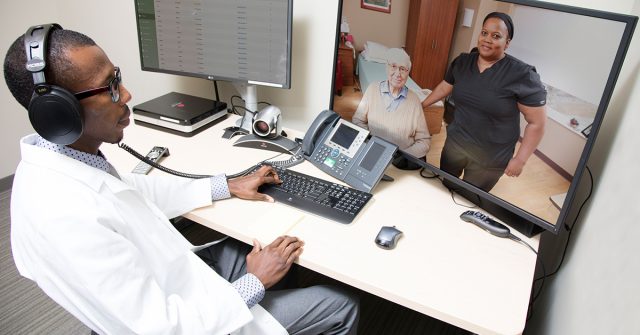Telehealth platforms in Africa must prioritize data protection to secure sensitive patient information and ensure the sustainable growth of digital healthcare, according to Allan Juma , Cyber Security Engineer at ESET East Africa .
In a statement released on Wednesday, Juma highlighted the critical role telehealth services play in bridging healthcare gaps for the 615 million people in Africa who lack access to basic medical care. These platforms connect rural patients with doctors located thousands of miles away, offering vital healthcare solutions. However, he warned that the increasing reliance on virtual consultations generates and stores vast amounts of sensitive data—such as health records, test results, and treatment plans—making them prime targets for cybercriminals.
Juma emphasized the need for telehealth providers to invest in advanced cybersecurity measures while educating both healthcare practitioners and patients on best practices for digital safety. He noted that telehealth platforms often integrate with existing healthcare systems, including electronic health records, patient management systems, hospital infrastructure, and third-party vendors. While these integrations enhance diagnosis and treatment efficiency, they also introduce significant security complexities.
According to Juma, the interconnected nature of these systems means that a vulnerability in one area can lead to widespread breaches across the entire healthcare ecosystem. For instance, patients or healthcare workers using insecure internet connections or compromised devices could expose networks to cyberattacks.
Related News
- PremiumTrust Bank reassures customers on cybersecurity
- Public-private partnership vital for Africa – Terminal operator
- Nigerian firm leads energy in FT Africa ranking
To mitigate these risks, Juma recommended adopting a zero-trust security approach , based on the principle of “never trust, always verify.” This involves implementing mandatory multi-factor authentication and role-based access controls for all users, including healthcare providers, administrators, and patients. Additionally, networks should be segmented into smaller, tightly controlled sections to limit the potential damage of any breach.
While zero-trust architecture significantly reduces the risk of breaches, Juma acknowledged it cannot entirely eliminate human error. Cybercriminals often exploit trust in healthcare professionals or use fraudulent communications, such as phishing emails, to trick individuals into revealing sensitive information or clicking malicious links. Such attacks could result in ransomware threats or disruptions in real-time communication, which are particularly dangerous in critical care scenarios.
Juma stressed the importance of cybersecurity training for both healthcare workers and patients to combat these threats effectively. By building robust cyber defenses and promoting awareness, telehealth providers in Africa can protect patient data and enable healthcare professionals to focus on delivering lifesaving care.
Follow us on Instagram.
https://www.instagram.com/businessnewsng?igsh=ZXpweTdjOGF1ZXdu

























